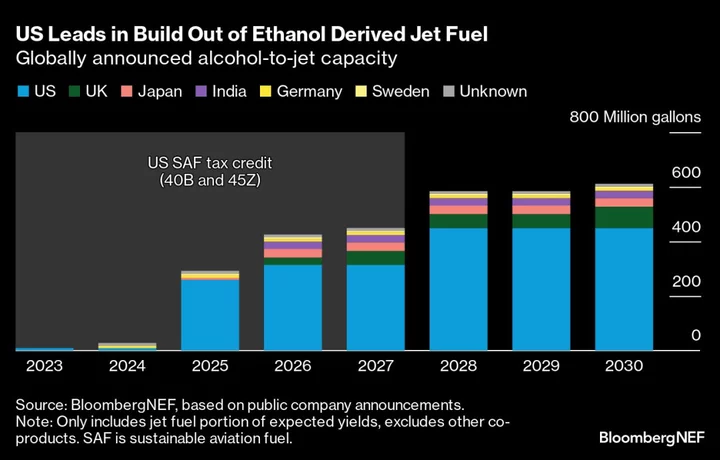By David Shepardson
WASHINGTON (Reuters) -The U.S Environmental Protection Agency on Wednesday issued a final determination declaring that emissions from aircraft that use leaded fuel pose a danger to public health, following years of study.
Commercial aircraft use jet fuel, which does not contain lead. Aircraft that do use leaded fuel are typically small piston-engine planes that carry two-10 passengers and are around 45 to 47 years old.
"The science is clear: exposure to lead can cause irreversible and life-long health effects in children,” EPA Administrator Michael Regan said in a statement announcing that the agency was finalizing a decision proposed in October 2022.
Children's exposure to lead can cause irreversible and life-long health effects, the EPA said.
Emissions from the 190,000 U.S. privately owned airplanes operating on leaded fuel account for about 70% of the lead entering the atmosphere, according to prior U.S. government estimates.
The EPA said it and the Federal Aviation Administration have begun "work to consider regulatory options to address lead emissions from aircraft engines."
The EPA's review of lead emissions from aircraft dates to 2006, when it received a petition asking for regulation of lead emissions from privately owned airplanes. The agency opened a proceeding in 2010, and in 2015 said it planned to issue a final endangerment finding in 2018.
While levels of airborne lead in the United States have declined 99% since 1980, piston-engine aircraft are the largest remaining source of lead emissions into the air.
The FAA in 2022 announced a new initiative outlining how to safely eliminate the use of leaded aviation fuel by the end of 2030 without adversely affecting the existing piston-engine fleet.
Reuters first reported in January 2022 that the EPA was again reviewing whether emissions from piston-engine aircraft operating on leaded fuel contribute pose a danger to public health.
(Reporting by David Shepardson; Editing by Leslie Adler)









